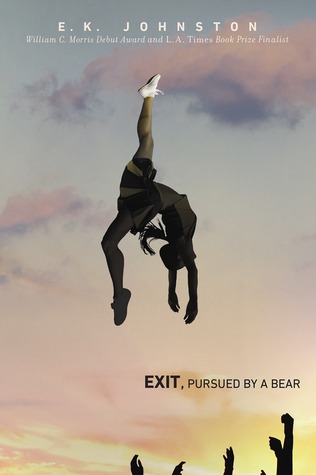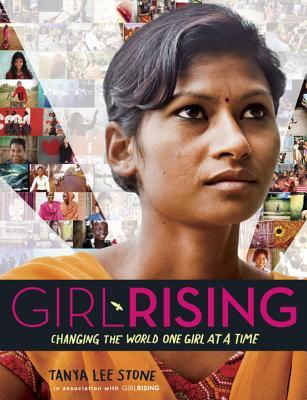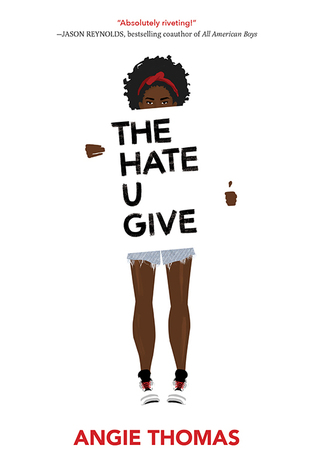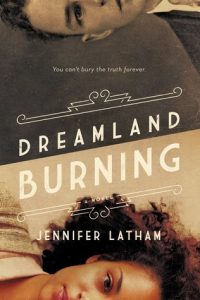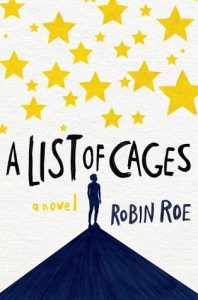Ever wonder where your chocolate comes from? Cocoa, Hersey bars, brownie mix—you name it—chocolate. I wasn’t sure why I was buying “fair trade” chocolate. That changed when I read Tara Sullivan’s young adult novel “The Bitter Side of Sweet” (Putnam 2017).
why I was buying “fair trade” chocolate. That changed when I read Tara Sullivan’s young adult novel “The Bitter Side of Sweet” (Putnam 2017).
Fifteen-year-old Amadou chops cacao pods alongside his eight-year-old brother, Seydou, in Ivory Coast. The two are from Mali, where boys leave home, due to severe drought, and work elsewhere, to send money home to their families. But these boys have been kidnapped and forced to work alongside other slave boys, being told that they can earn back the price of their keep and be freed. However, they’ve been working there two years already, and no freedom is in sight.
The boys are beaten if they don’t make their daily quota, and they frequently don’t, because Amadou is chopping for himself and his little brother all the while working to protect his little brother from getting injured from swinging machetes. Amadou takes Seydou’s beatings, so he’s kind of a mess. He obsessively counts his pods to make quota and to forget the pain. Counting. Counting.
Then a girl around Amadou’s age, Khadija, arrives—the first girl the boys have seen in two years. The “wildcat” attempts escape over and over. She tricks Seydou into untying her. She runs, is apprehended and Amadou takes Seydou’s punishment. Amadou and Khadija are locked in the herbicide shed after being beaten.
So Amadou is not out in the forest chopping and protecting Seydou. The first day Seydou is successful in making quota, but the second day on his own, a terrible accident occurs. In the meantime Khadija has been raped by the managers who aren’t terribly much older than Amadou. The word “rape” is never used, so the younger reader might be protected from that particular violence, but a savvier reader will understand what happened.
The managers, particularly Moussa, might be sympathetic. We can’t quite tell. It turns out he’s in a hard position, too, trying to make his farm quota, and he seems to have bought into the desperate system. Eventually, Amadou uses the herbicide in an act of heroism, and we follow the escape or Khadija, Amadou, and the severely injured Seydou.
Along the way you learn the cacao trade, how the boys husk the seeds, ferment them, wait for the middlemen to drive in to haul them to the towns where they’re further processed. These trucks might be a route out of slavery. Or maybe not.
It happens that Khadija’s mother, a journalist, had been writing an article about the corrupt chocolate trade. Khadija had been kidnapped in order to silence her mother.
Khadija’s mother might be able to save Khadija from the corrupt cacao lords, but can she do anything for the two Malian boys? There are waves of tension due to loyalties and class distinctions among the well-drawn and realistic protagonists. So interesting!
Patricia Hruby Powell is author of the young adult documentary novel Loving vs. Virginia and Josephine: The Dazzling Life of Josephine Baker talesforallages.com
